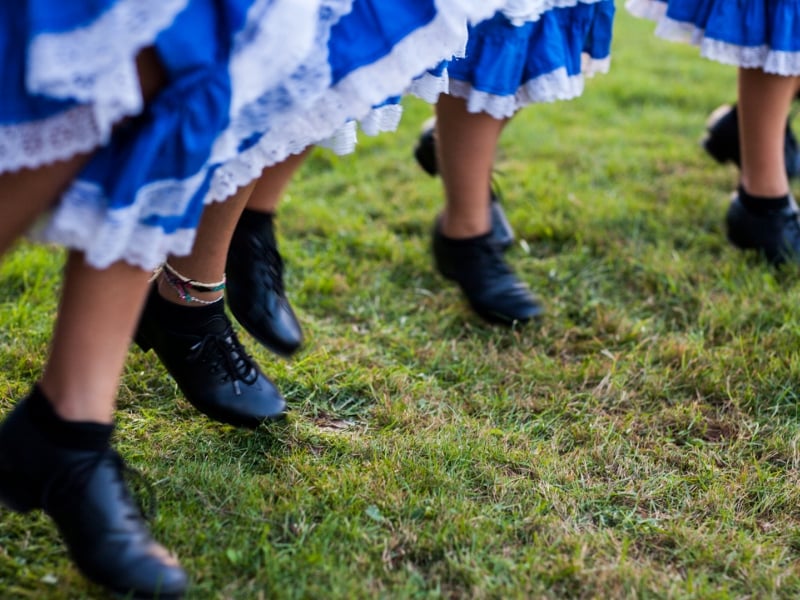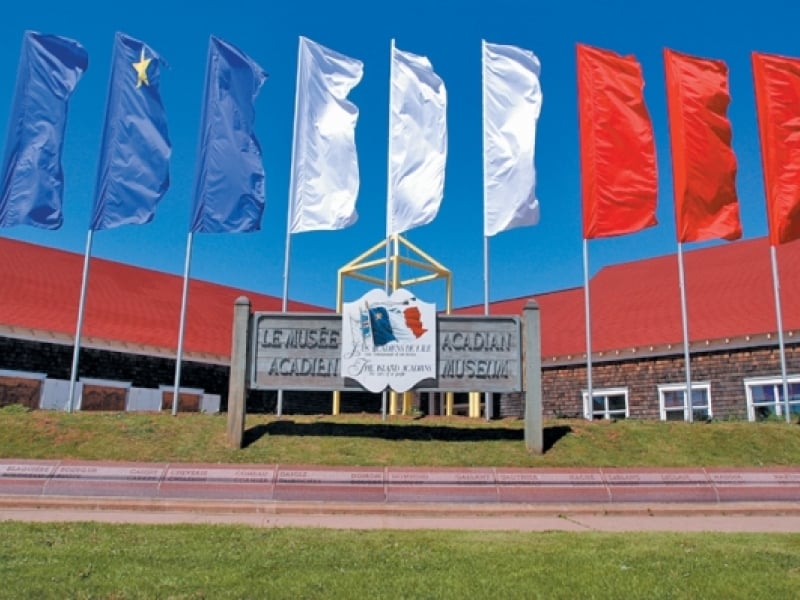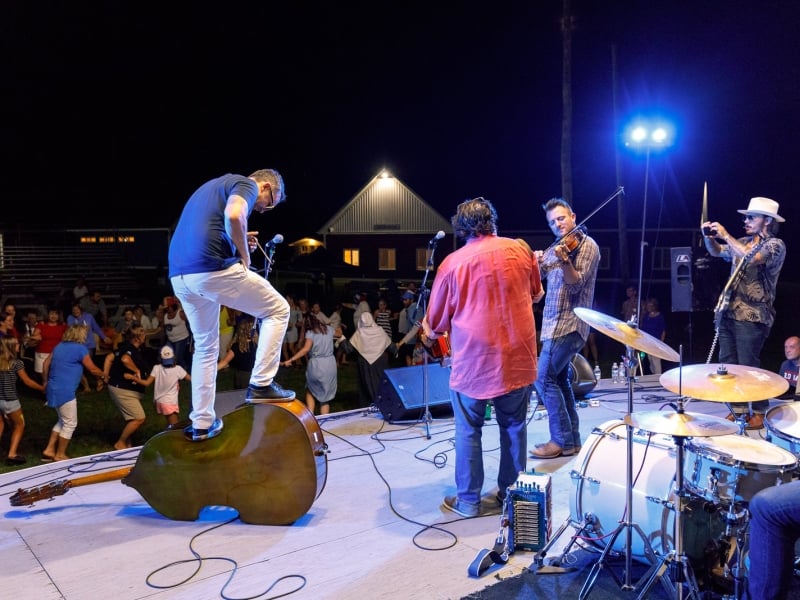Discover the Island’s
Acadian History & Culture
In Prince Edward Island, history may speak French; this language is intimately linked to the culture and heritage of the province’s Acadians, who are descendants of the first French settlers who came this area from 1720 onward. Here is a brief timeline of the Island’s Acadian history:
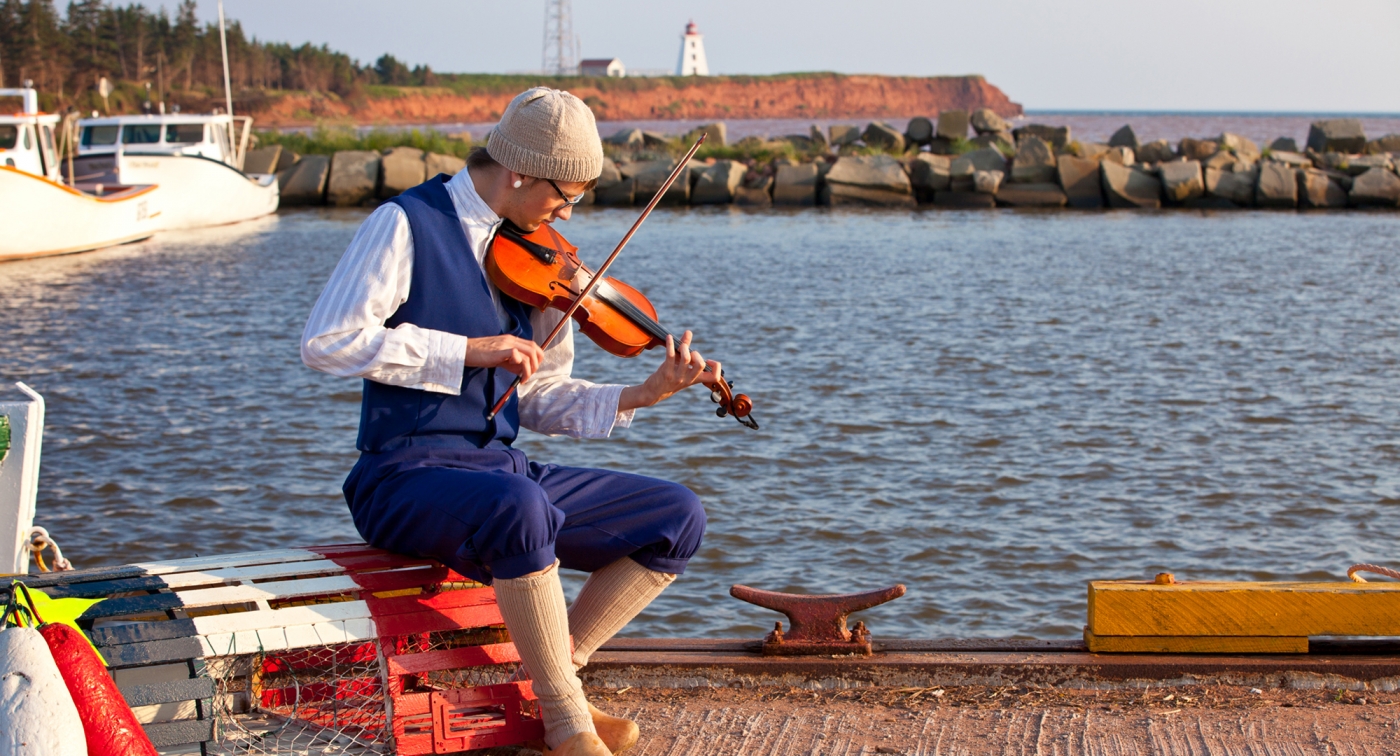
1720
The first French and Acadian settlers arrived to the Île Saint-Jean colony.
1758
The British forcibly deported settlers to France, English colonies and the Caribbean. Later, others settled in Louisiana. Many of those banished died as a result of drowning or illness. Others escaped by hiding in the wilderness and some were given refuge by the Mi’kmaq. Historians estimate that the Island’s population of Acadians went from a high of 4,700 during the height of French colonization to 100 to 200 at mid-1759.
1764
Acadians were permitted to return to a new Acadia, a region that included today’s Prince Edward Island.
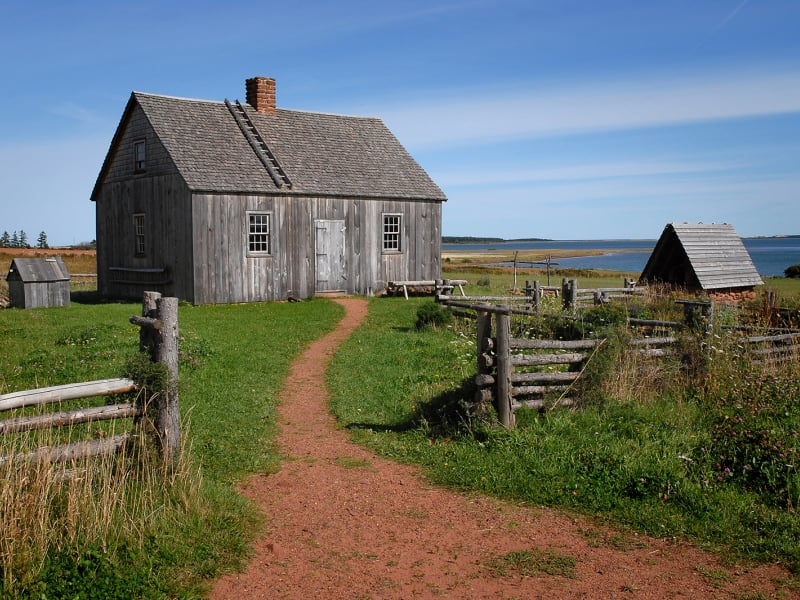
1861
The Farmers’ Bank of Rustico was founded to provide loans to parishioner farmers at reasonable rates of interest. It stands today as a legacy to Rev. Georges-Antoine Belcourt’s leadership. It is the smallest chartered bank in Canada’s history and served as the precursor to the country’s first savings and credit unions.
1919
The Société Saint-Thomas-d’Aquin was founded as the voice of Prince Edward Island’s Acadian and Francophone community; its mission continues today.
1964
The Acadian Museum opened its doors in Miscouche.
2020
A huge tricentennial provincial event celebrated the founding of Île Saint-Jean, the Acadian culture and the historical ties between the French, Acadians and Mi'kmaq.
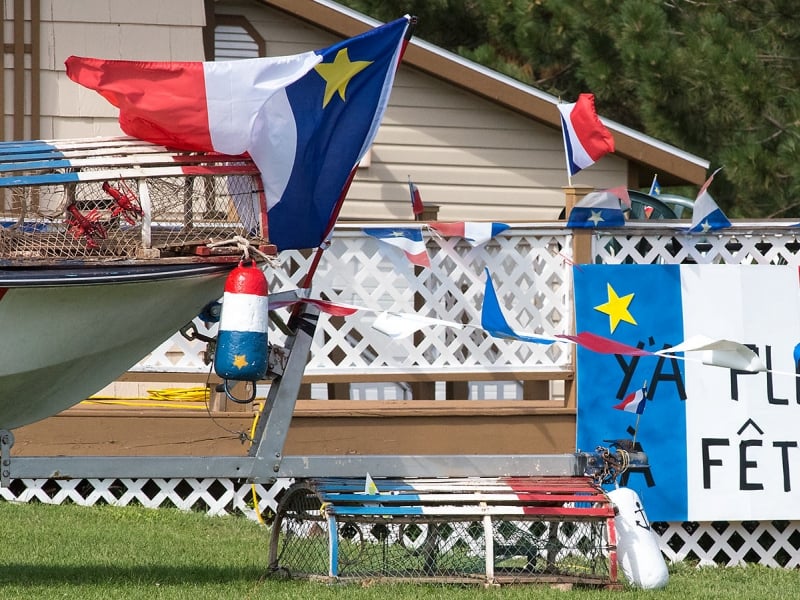
Today
Prince Edward Island has six Francophone regions: West Prince, Évangéline, Summerside-Miscouche, Rustico, Charlottetown and Souris. Today, PEI’s Acadian communities, institutions and language give shape to a distinct culture and identity. The Acadian values, symbols, cuisine, music and dance and remain vibrant and integral to that one-of-a-kind feeling you only find on Prince Edward Island.
You May Also Like
Évangéline Region Itinerary
For an authentic taste of one of the Island's founding cultures, drive to western PEI to La Région Évangéline. Here, Prince Edward Island's vibrant Acadian culture thrives.
Acadian Museum
One of seven Museum and Heritage PEI sites. Heritage passports available. Follow the odyssey of Island Acadians from 1720 to present. Discover treasures related to the Acadians' 300-year presence on PEI.
Acadie PEI
Come experience a cultural, culinary and fun experience like no other in one of our six Acadian destinations of Prince Edward Island.

